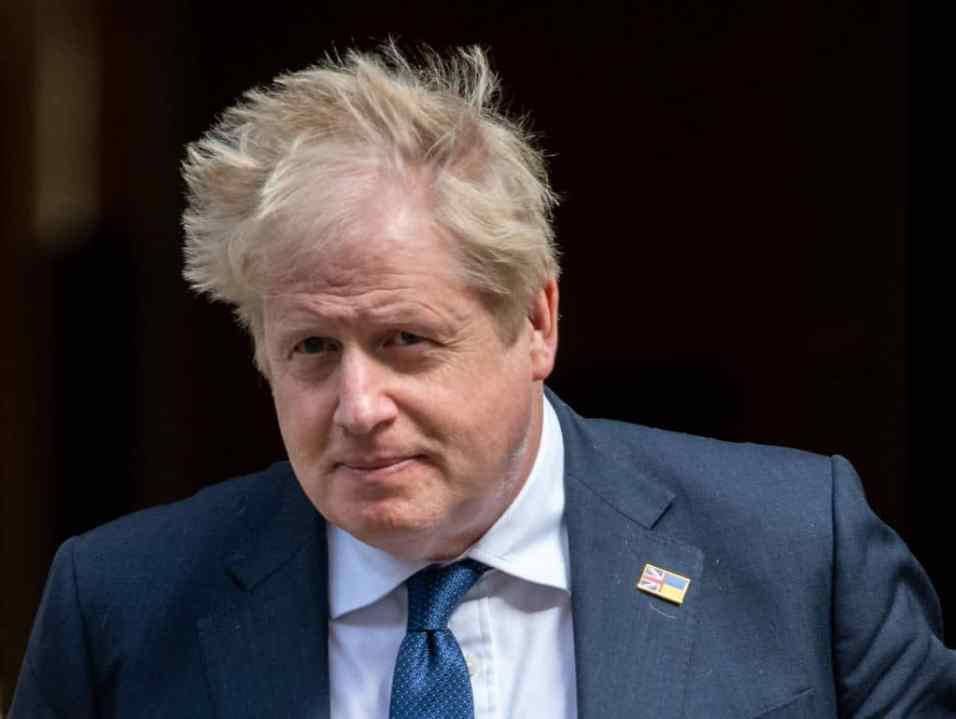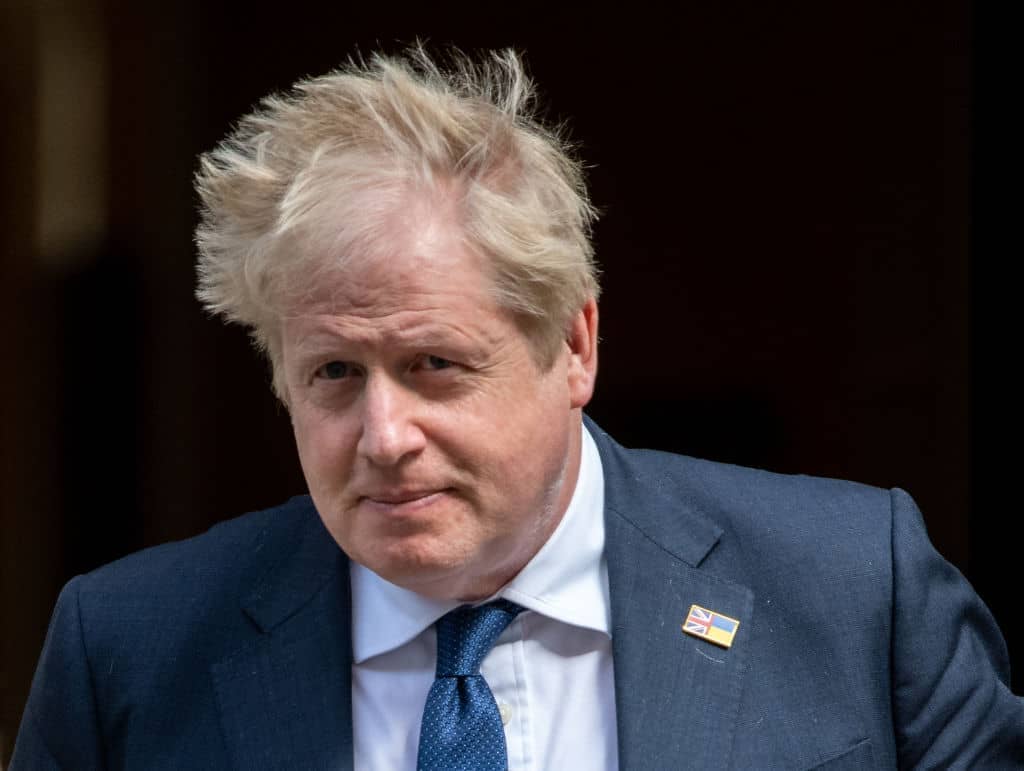As you may have gathered despite the understated media coverage, Boris Johnson became the first serving Prime Minister to be found to have broken the law when he was issued a fixed penalty notice (FPN) by the Metropolitan Police for breaching Covid-related laws on gathering for non-work purposes.
There has been much written about this in the press, with distinguished commentators and historians declaring variously that it is a ‘constitutional crisis’, that ‘a law-breaker cannot be a law-maker’ and all shades of outrage between.
They may well be right that Boris Johnson’s position is untenable, politically speaking. But they are wrong to say this is a legal or constitutional crisis.
The crime itself is a legally trivial matter, comparable to littering (for which an FPN is the most common sanction). In Scotland, the Health Secretary Humza Yousaf has had an unbroken ministerial career despite being fined for accidentally driving without insurance while he was the Transport Minister. Chris Huhne’s ministerial career would have survived him losing his driver’s licence, but not perverting the course of justice.
Is it ‘insulting to voters’ to compare breaking the Covid regulations to littering or speeding? Almost certainly, but that’s irrelevant to the actual severity of the crime, as is the fact that Boris Johnson imposed rules on others while breaking them himself. This makes it difficult to see how a legal benchmark can be set at a reasonable level and still disqualify Boris Johnson from holding office.
Who decides when the conduct of the Prime Minister is beyond the pale?
In terms of the constitution, the most important principle is that the Prime Minister must command the confidence of a majority of MPs in the House of Commons. Of course, there are other conventions in place, but conventions are just that. As such, it is up to the Commons to decide whether they can continue to place their confidence in the Prime Minister.
As Graeme Watt of the Bar Library, Belfast wrote in a letter to the Times:
‘Disquiet at the conduct of the prime minister is easy to understand but describing the consequences as a “constitutional crisis” conflates that which is undesirable with that which is unconstitutional’
(It’s also worth remembering that some of the Prime Minister’s most vociferous critics were less concerned about the constitution and parliamentary convention back in 2019 when they seized control of the parliamentary timetable with the assistance of a partisan Speaker. Perhaps hypocrisy is catching?)
In any event, the Commons remains in full possession of the ability to remove the Prime Minister from office should it choose to do so. All it needs is the determination to act.
So, if there is no reasonable legal standard by which to disqualify the Prime Minister, nor any fundamental breach of the constitution, all that is left is the politics.
People are right to be angry about the law-breaking, even if opinions vary on whether it was purely the callousness of the individuals, the appalling drafting of the laws in question, or a retrospective awareness that the laws exceeded what was reasonable and proportionate to proscribe. It is not unreasonable for them to direct that anger at the Prime Minister, his cabinet and, ultimately, the Conservative MPs who continue to place their confidence in this government.
MPs are entitled to make their choices as they see fit, whether for principled or partisan reasons, but they should be held responsible for them. Many Labour MPs, including the current Leader of the Opposition, thought that Jeremy ‘disband Nato’ Corbyn was a fit and proper person to be prime minister, demonstrating a borderline criminal lack of judgement. And many of those MPs subsequently lost their seats in the 2019 election, demonstrating that there is eventually a political price to pay for such decisions. Many Conservatives in marginal constituencies will be dwelling on this fact at present. The electorate are quite capable of removing MPs who choose to support the Prime Minister at a future election.
In some ways the current debate is not dissimilar to that regarding the attempted prorogation of Parliament in 2019. Again, the massed ranks of the Prime Minister’s opponents decried his actions as improper, as unconstitutional, as the behaviour of a scoundrel. ‘Plus ça change’, one might say.
In that instance, the High Court (comprising the three most senior judges in England and Wales), following Lord Doherty’s verdict at the Court of Session, ruled that the prorogation was not ‘justiciable’, i.e. it was not appropriate for the courts to rule on whether the action was legitimate.
This particular case was overturned at the Supreme Court, but the broader question of justiciability remains. Who decides when the conduct of the Prime Minister is beyond the pale? Can it ever be just a legal or constitutional matter? Or is it primarily a political issue to be resolved by political means?
It’s worth observing that Johnson’s enemies continue to make the same mistake. Time and again, they reach for non-political means of beating him, which just serves to betray their lack of confidence in their own abilities.
If there hadn’t been the outcry demanding that the Met investigated these parties (which they were clearly reluctant to do), the Sue Gray report would likely have led to the Conservative party removing him. In 2019, either Johnson should have been permitted to govern or the prorogation should have been allowed to play out, with the eventual outcome to be judged by the electorate. Had that been the case, we would most likely now be at the end of the 2017 Parliament, a matter of weeks from a general election, and with an electorate in the mood to pass their own judgement.
None of this is to argue that processes in Parliament, particularly concerning the powers of the Ethics Advisor, wouldn’t benefit from being strengthened. The truth matters and should be disclosed. The Commons should have more powers to sanction ministers who mislead the House. But ultimately these are not matters for the police, nor lawyers.
We pay MPs to do politics. It’s time they remembered that.







Comments